The second challenge revolves around visceral and blatant "sore thumbs" that haunt bilateral relations. European countries and China alike have long prospered off and benefited from the deep economic ties, sociocultural exchange, and academic collaboration between both sides, which have unfortunately been undercut as a result of the tensions arising over recent years. The reciprocated series of sanctions and counter-sanctions earlier this year – ones imposed by the EU, over China's Xinjiang policy, Hong Kong policy, and trade practices; as well as the ones mounted by China towards what it construes to be attempts at undermining its ruling party's governance – has locked both parties in a difficult stalemate. Journalists, academics, and civil society organisations that had long acted as the conduit of unofficial, track-II dialogue between both sides, have found themselves in the crossfire of deteriorating Sino-European relations.
Resuming civil society exchanges, conversations, and dialogues spearheaded by non-state actors is absolutely essential to a reset to EU-China relations. Whilst lifting of sanctions and counter-sanctions would be vital in restoring healthy, constructive bilateral exchange, preventing a further backsliding to bilateral relations, and signaling both sides' openness to talk, making a convincing case for the removal of sanctions could well be tricky. The EU leadership must offer a resounding and emphatic justification in order to mollify the significant number of Sinoskeptics within the community; on the other hand, Beijing must also find a way to reconcile the sternness it had displayed earlier, with the flexibility that is perhaps long overdue – yet difficult to sell to the public.
The final challenge is more subtle. Much ink has been spilled on areas in which Beijing and Brussels have commonalities and common interests – common interests in combating climate change, public health crises, and geopolitical and international security threats. Yet what is sorely missing is a modicum of creativity – creativity that is vital in expanding the region of convergence between what is currently on offer.
European states are skeptical, too, of American interests and intents in the region, yet if there is one thing China should learn from its trans-Pacific counterpart, it is the fact that the United States consistently innovates in rebranding and improving its value proposition. From offering economic and financial aid through the Marshall Plan in the early days of the Cold War, to pledging military and security support through NATO and related arrangements throughout the Cold War, to leveraging the U.S. and UK's Special Relationship – prior to Brexit – as a gateway for European firms in accessing America (and vice versa), Washington has consistently innovated. Through its innovation, it has also brought forth resounding reasons for which Europe – at the very least – could ill-afford to alienate America.
The recent establishment of AUKUS and President Biden's stern approach to China have rendered some in the European community partially estranged from the United States. Yet Beijing would be mistaken to think that this alienation would translate – automatically and naturally – into greater affinity for China. Trust and goodwill must be earned, and we can only hope that with the Xi-Michel call, the case for bilateral collaboration (even with some competition) – as opposed to rivalry or confrontation – emerges victorious after all.
The author is DPhil in Politics candidate and Rhodes Scholar at Balliol College, Oxford. The views don't necessarily reflect those of China Daily.











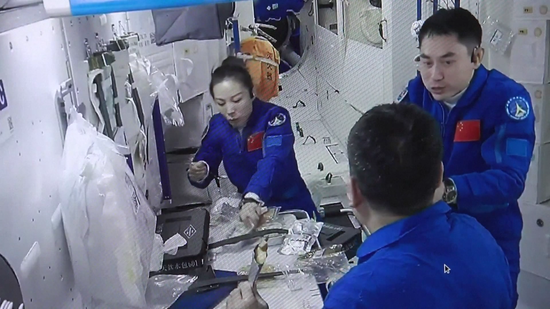


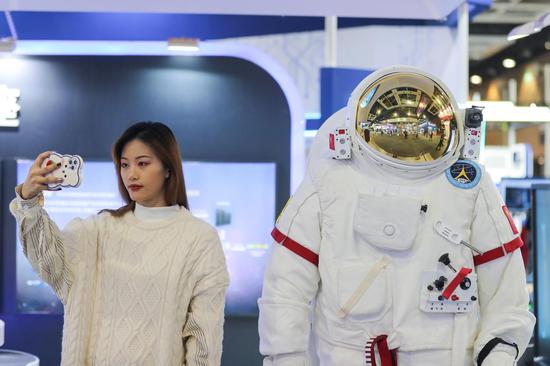












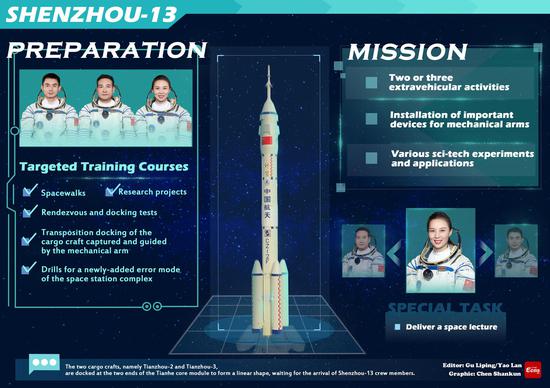
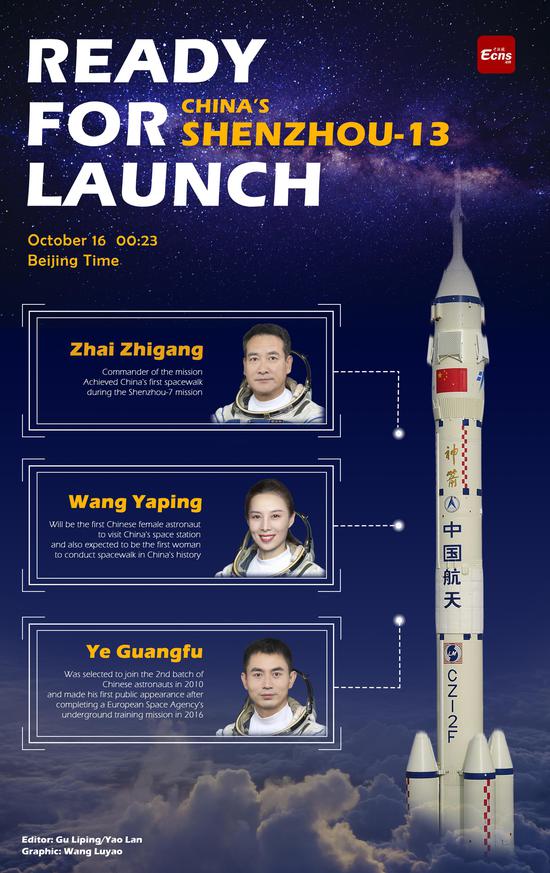


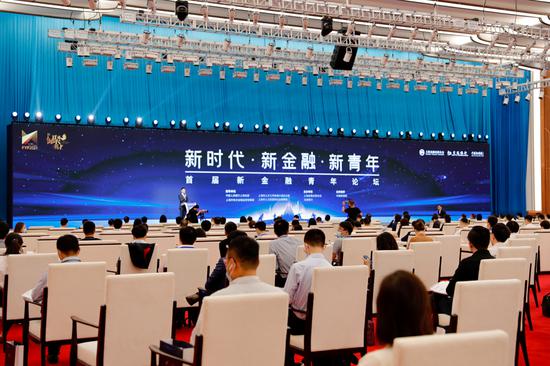
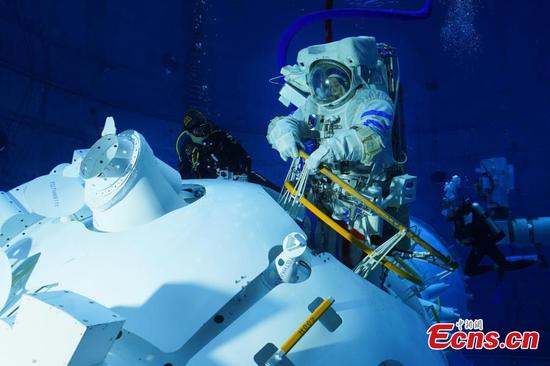

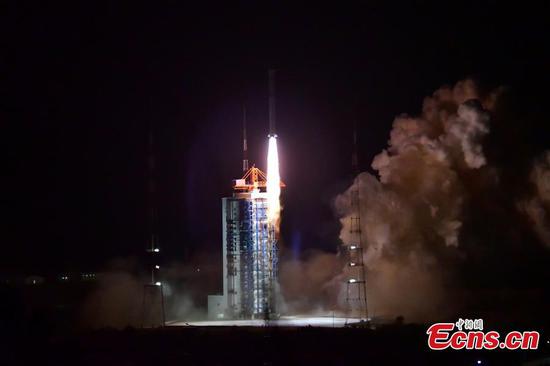
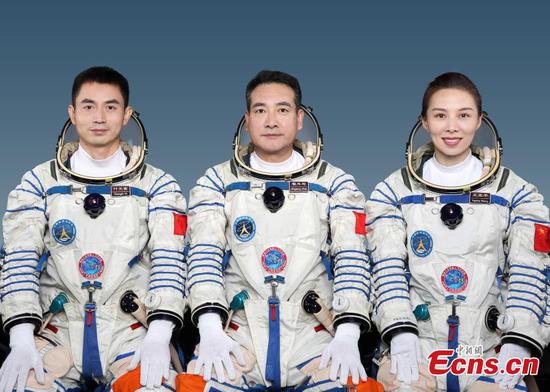

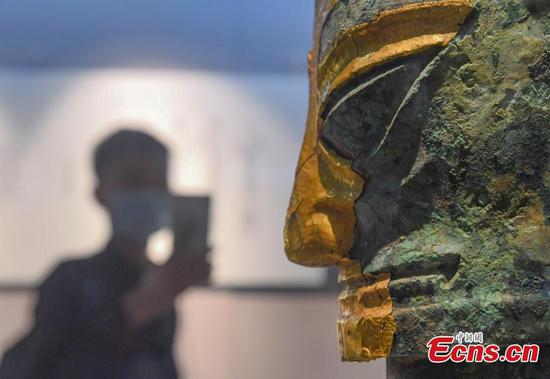



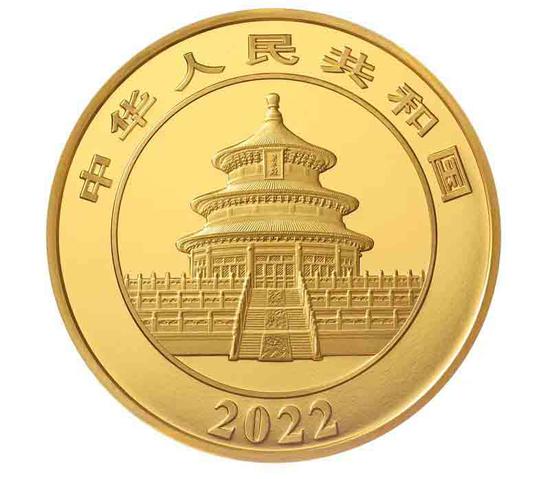








 京公网安备 11010202009201号
京公网安备 11010202009201号